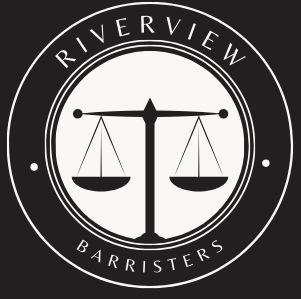
Retainers can be an essential tool for attorneys, providing a means to guarantee your attorney is available and manage the cost of legal services. But it’s vital that both you and your attorney have clear communication on how their agreement works.
Retainers are pre-funded funds that are held in trust accounts until revenue from earned fees or expenses has been recognized; retainers also serve as a form of escrow.
Retainers are a form of escrow
Retainers are an escrow system that enable lawyers to ensure they will receive payment for their work. Money deposited in an account and only released once earned is released back to them; any unused balance must be returned back to the client. Retainers can be issued as general retainer contracts, security retainers or special retainers dedicated to specific cases.
Lawyers should discuss retainers with their clients early in a matter and set clear expectations, to avoid potential negativity and misunderstandings down the road. Furthermore, this creates a smoother experience for clients as the firm works on their case.
Retainer fees depend on both the attorney and nature of work being performed; however, when depleted it should be replenished as soon as it has been used up or when accrued time and costs accrue (documented receipts should show this). Accrual accounting requires proactive communication between attorneys and clients as well as oversight over prepaid assets at law firms.
They are a form of payment
A retainer is an upfront fee paid to ensure their attorney will be available when needed. These funds are usually held in an escrow account until depleted; once used up, another retainer fee can be set up or monthly payments can be requested from clients.
Retainer fees are an increasingly popular arrangement between legal professionals and their clients, providing the latter with peace of mind that their attorney will remain available throughout an ongoing case or project. Unfortunately, such arrangements can become complex quickly requiring meticulous accrual accounting practices to manage.
Accurate accrual accounting of legal retainers requires proactive communication between lawyer and client in order to avoid confusion or miscommunication about billing practices. Clio Payments makes accrual accounting easy by automating recurring payments and top-up reminders; handling trust related transactions (refunds included), complying with IOLTA regulations; as well as providing reports on total earnings, prepaid expenses, or any other relevant data.
They are a form of billing
Retainer billing is used by lawyers to track their time spent working on cases, typically used by small businesses or individuals needing ongoing legal work. Retainer fees can be paid either in one lump sum payment or over time such as monthly or quarterly installments; many attorneys even offer subscription models for clients who require periodic replenishment of their retainers.
An attorney retainer agreement should outline their compensation, such as an hourly or flat fee structure. Furthermore, it should provide information regarding all those working on your case such as lead attorney(s), associate attorneys, paralegals etc. who may contribute.
Retainer agreements should also specify when and how often payments will be billed, along with providing an ongoing balance. CaseFox legal billing software makes this easy by helping track payments more accurately while guaranteeing error-free invoices.
They are a form of contract
Retainer payments are upfront payments made to secure access to legal services from an attorney, remaining your property until either earned by the lawyer or used for expenses; any unused portion is returned back to you.
Retainer fees can be useful tools for attorneys and clients alike, providing clarity to both parties while helping prevent surprise bills at the conclusion of matters and helping lawyers track their work accurately. To fully reap their benefits, both attorneys and clients should ensure clear communication throughout.
This requires clearly explaining how a retainer works, its costs and when its replenishments will occur. Accurate accrual accounting of legal expenses and prepay assets such as expert witness costs or court filing fees must also be included within it; additionally using software like Clio Payments can streamline this process and make accepting retainers payments much simpler for attorneys.
